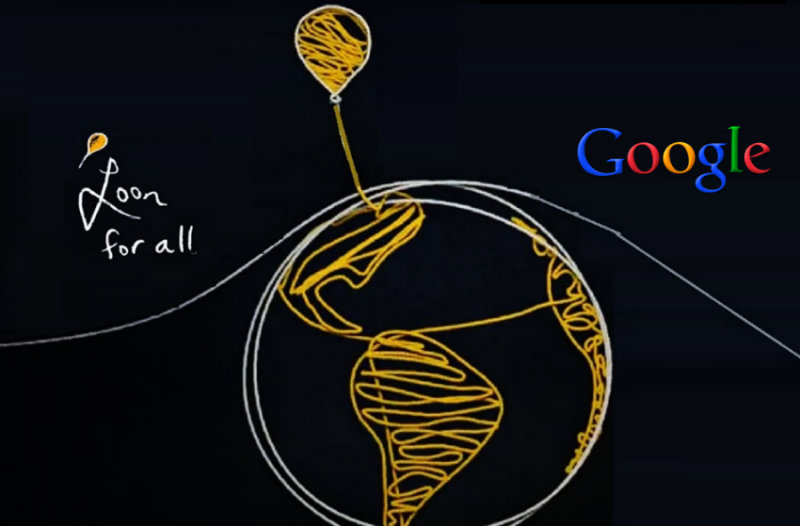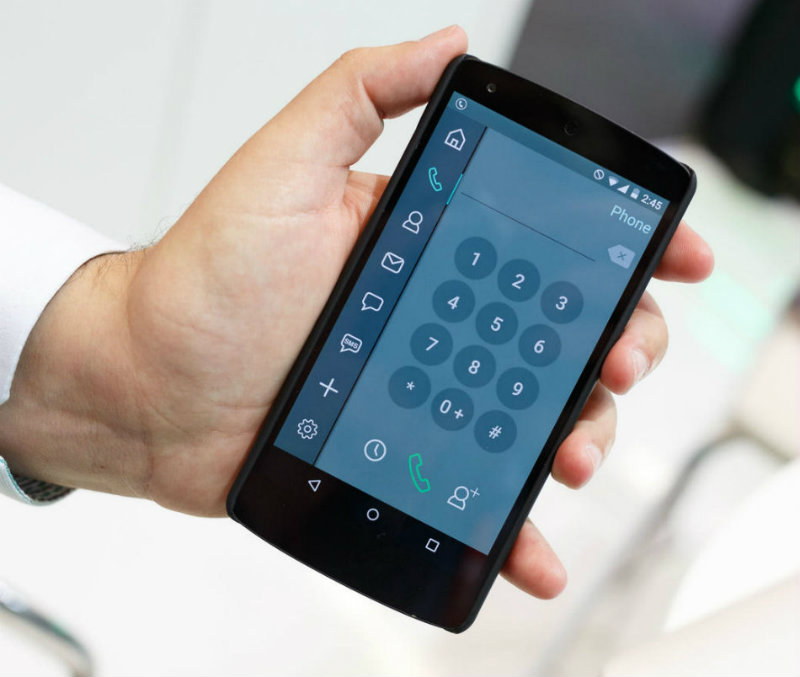Last week, tens of thousands of participants and over 2,000 exhibitors gathered at the annual Mobile World Congress (MWC) in Barcelona to launch and share the latest advances in mobile technology, wearables, virtual reality, gadgets, robotics, the Internet of Things (IoT), devices, 5G, and more.
Similar to last year, we decided to take a look at how announcements from MWC15 will impact the developing world.
1. Facebook and Google continue to spearhead ambitious initiatives to get more people across the world online.
As we shared last year, Facebook and Google continue to lead in efforts to get the next billion people around the world online.
In his keynote address, Facebook CEO Mark Zuckerberg advocated for free basic internet services to propel mobile growth in emerging markets. Since launching Internet.org at last year’s MWC, the initiative has now reached Colombia, India, Zambia, Kenya, Tanzania, and Ghana.
Separately, Google has been experimenting with several initiatives in its connectivity strategy, including Project Loon or “floating cell towers” project, Google Fiber, and Project Titan – its drone extension of Project Loon.
Photo credit: SiliconKarne
2. Digital identity and privacy is becoming more significant for mobile consumers
When addressing the audience, GSMA Director General Anne Bouverot discussed the growing importance of digital identity.
“I think digital identity is the new frontier. This is an area where we think we need better services to access services: healthcare, payments, social networks, whatever we’re accessing on the Internet. We want to access them and prove who we are, but we don’t want to necessarily give our mobile numbers and be spammed after that. We haven’t completely found this balance yet, so stay tuned for deployment in mobile connectivity and digital identity in the year to come.” – Anne Bouverot
With mobile security concerns on the rise, this year’s Mobile World Congress also introduced smartphones with privacy in mind. For example, Brazilian phone maker Sikur introduced the GranitePhone which has encryption features designed to ease the privacy concerns of smartphone users.
Photo credit: Cnet
3. mHealth focus shifting to wearables
Wearable technology was a hot trend at MWC15, especially in the form of fitness trackers, smartwatches, and smartbands. For example, HTC made its big launch of the HTC Grip in partnership with Under Armour and featuring built-in GPS capabilities.
What’s ahead?
Though MWC15 covered many types of emerging technologies beyond mobile including 5G, connected devices, the internet of things, virtual reality, and other topics, the theme of the immense potential of the world’s connectivity resonated throughout the week.
According to Jimmy Wales, Founder of Wikipedia, who attend this year’s Mobile World Congress,
“Technology is making real and useable internet access available to tens of millions across Africa today and if we think forward 20 years and even 10 years, we’re going to have massive connectivity to the real internet for hundreds of millions of people and this going to have an incredible impact on politics in these places, on society, on trade, and opportunities for all kinds of people.” – Jimmy Wales
What news on MWC15’s impact on developing countries did we miss? Let us know in the comments and/or tweet us @TechChange.
Interested in how MWC15 announcements are impacting Mobiles for International Development and mHealth? Register for these courses now!


